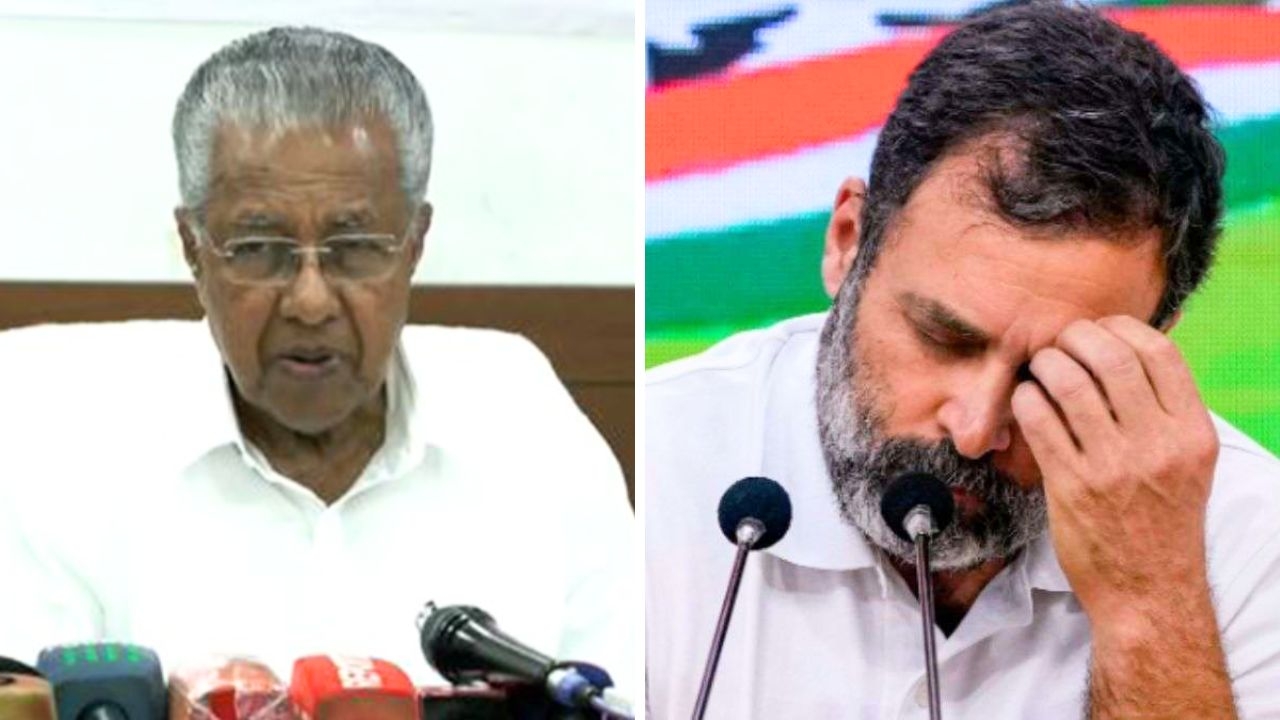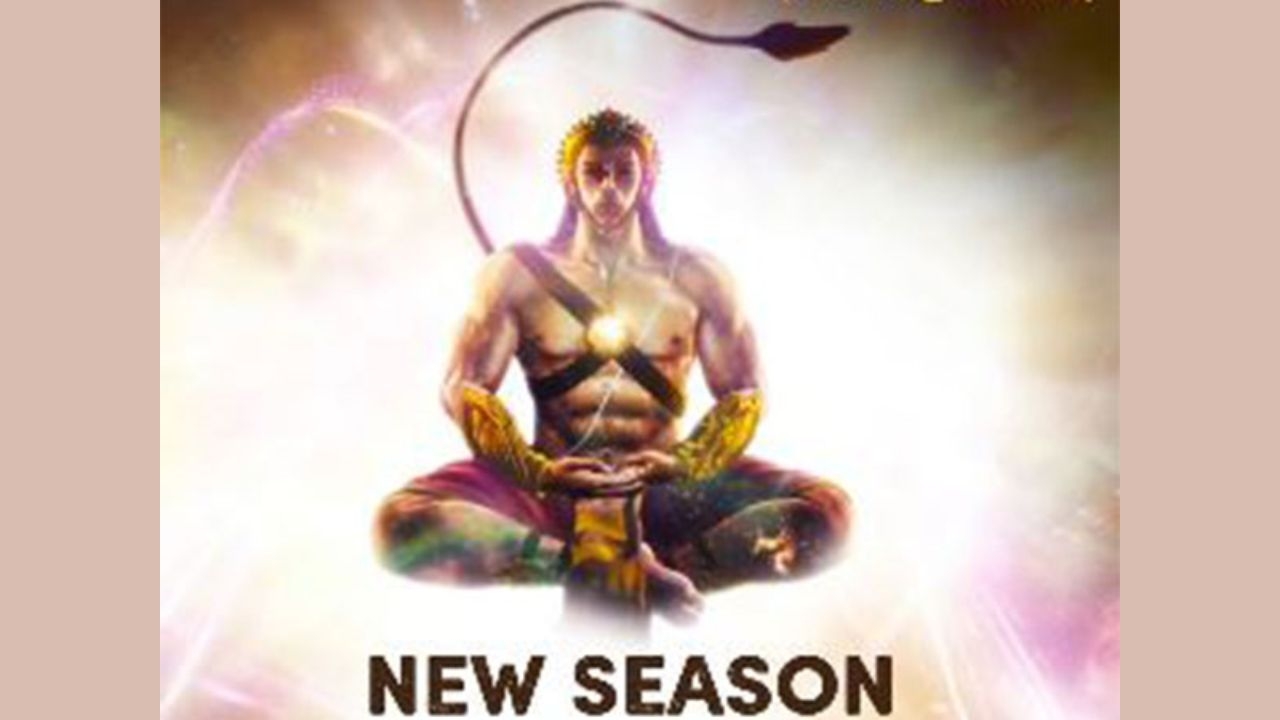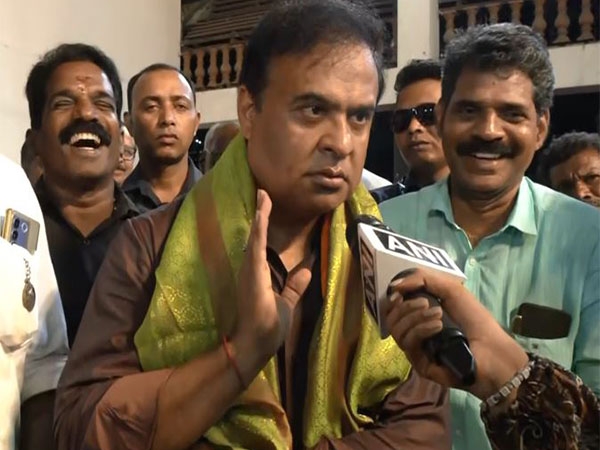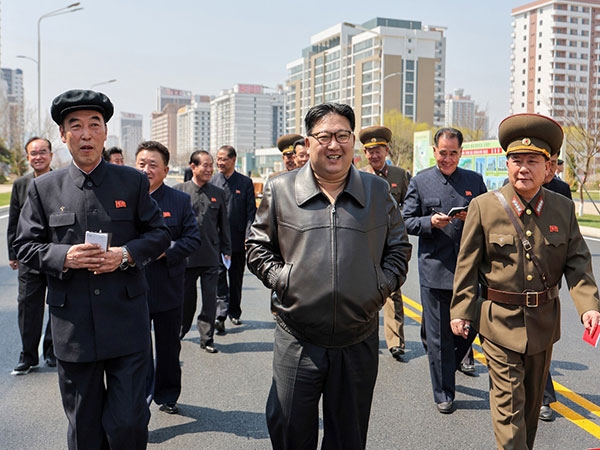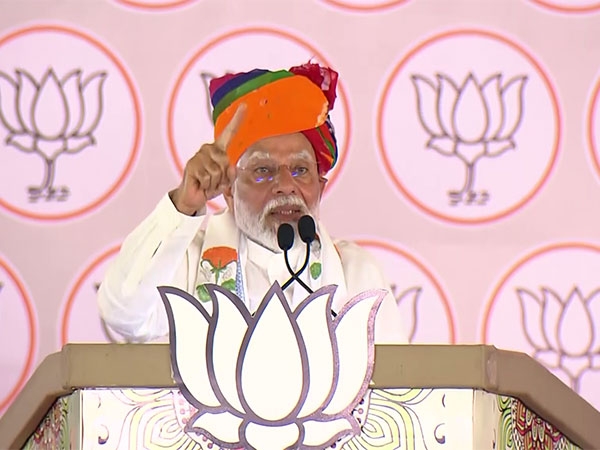Emergency shows how vulnerable Maldives is
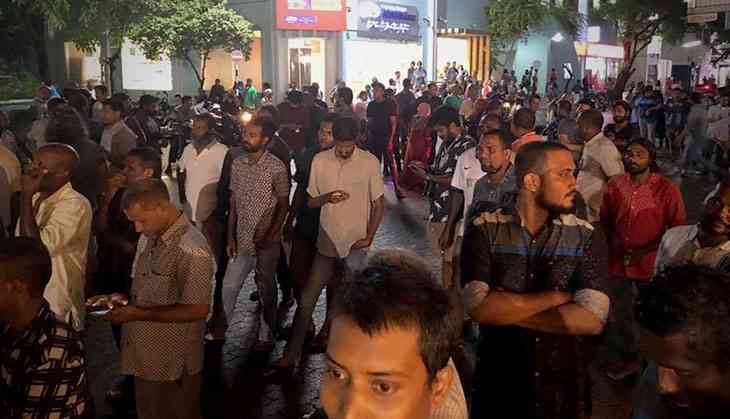
Political crisis continues to deepen in the Maldives after President Abdulla Yameen declared an emergency in a desperate bid to cling on to power and stifle the Opposition has top judges in jail.
The developments pose a fresh challenge for the Indian foreign policy establishment, which has been put in a difficult spot by an aggressive Chinese outreach in the Island nation.
After requests by former president Mohamed Nasheed that India act swiftly, the Ministry of External Affairs, in a statement on Monday says it continues to closely monitor the situation in the Maldives and is disturbed by the declaration of Emergency, suspension of Constitutional rights, arrest of Supreme Court Judges and key political figures.
The Chinese Foreign Ministry, meanwhile, reacting to the developments advocated a domestic solution. “We believe the Maldives government and political parties have the wisdom and the capability to deal with the current situation on their own,” Chinese foreign ministry spokesperson Geng Shuang said.
“We hope relevant parties can properly resolve the differences through dialogue and consultation and restore normal order as soon as possible and maintain national and social stability,” the spokesperson said.
Meanwhile, hours after the declaration of the emergency, Chief Justice of the Supreme Court Abdulla Saeed and another judge Ali Hameed were arrested. Former President Maumoon Abdul Gayoom, who has become a key Opposition figure, too, has been detained at his residence.
The Joint Opposition in the Island nation has demanded the immediate release of former President Maumoon, Chief Justice Abdulla Saeed, Justice of the Supreme Court Ali Hameed and called for the immediate lifting of Emergency.
President Yameen, meanwhile, continued to justify his decisions and said he declared State of Emergency as Supreme Court had plan to overthrow his govt by first making it dysfunctional through a series of orders. And how there was no other way to investigate the judges. There were also reports of luxury resorts owned by the Opposition figures being subjected to police raids.
The Supreme Court, through its ruling on 1 February, had set the stage for Yameen’s impeachment, a process which started in July, when the Opposition moved a no-confidence motion against the speaker, the first step which would have made Yameen’s continuation untenable. However, what followed was sheer display of abuse of power where key opposition figures were arrested on bogus charges to thwart the the process.
The Supreme Court ordered the immediate release of former President Mohamed Nasheed, Jumhooree Party Leader Qasim Ibrahim, Adhaalath Party Leader Sheikh Imran Abdulla, former defence minister Mohamed Nazim, parliamentarian Faris Maumoon and four other political prisoners.
The apex court said the trials against these political prisoners violated the Maldives’ Constitution and international law. Interestingly, the Supreme Court junked the ‘anti-defection’ ruling of July 2017, reinstating 12 Opposition members of Parliament, meaning the opposition now had majority in the house.
As commentators advocate a strong response to protect Indian interests in the Indian Ocean, Maldives being an important nation in these scheme of things, 1988’s Operation Cactus has come back into discussion. Reports suggest troops are on standby.
This comes after requests by former president Mohammad Nasheed that India acts swiftly to resolve the situation. Nasheed, first democratically elected president of Maldives lives in exile in Colombo after he fled the country over trumped up terror charges. External Affairs Minister Sushma Swaraj’s visit to Saudi Arabia will be keenly watched, as the Gulf nation emerges as one of the biggest investors in Maldives and shores up its influence in the largely Islamic Indian Ocean country.
Amid cries for an international intervention to safeguard democracy, the US State Department, too, decried the move. “The United States is troubled and disappointed by reports that Maldivian President Yameen has declared a State of Emergency, which gives sweeping powers to security forces to arrest and detain suspects, bans public gatherings, imposes travel restrictions, and suspends parts of the Maldivian Constitution.
“The President, army, and police have also failed to obey a lawful Supreme Court ruling, contrary to the Constitution and rule of law,” the statement says.
According to the statement: “Despite being elected in 2013 with the support of a broad coalition, President Yameen has systematically alienated his coalition, jailed or exiled every major opposition political figure, deprived elected Members of Parliament of their right to represent their voters in the legislature, revised laws to erode human rights, especially freedom of expression, and weakened the institutions of government by firing any officials who refuse orders that run contrary to Maldivian law and its Constitution.”

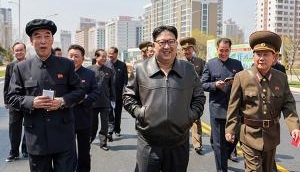
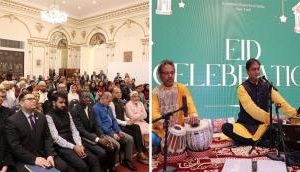
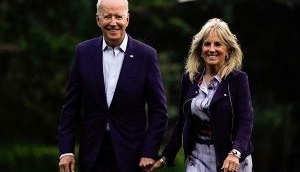
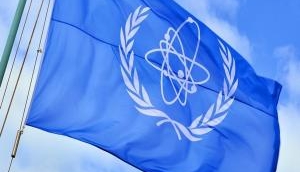
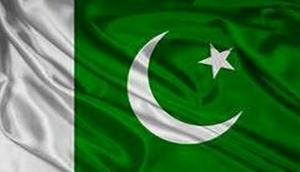
![BJP's Kapil Mishra recreates Shankar Mahadevan’s ‘Breathless’ song to highlight Delhi pollution [WATCH] BJP's Kapil Mishra recreates Shankar Mahadevan’s ‘Breathless’ song to highlight Delhi pollution [WATCH]](http://images.catchnews.com/upload/2022/11/03/kapil-mishra_240884_300x172.png)

![Anupam Kher shares pictures of his toned body on 67th birthday [MUST SEE] Anupam Kher shares pictures of his toned body on 67th birthday [MUST SEE]](http://images.catchnews.com/upload/2022/03/07/Anupam_kher_231145_300x172.jpg)


